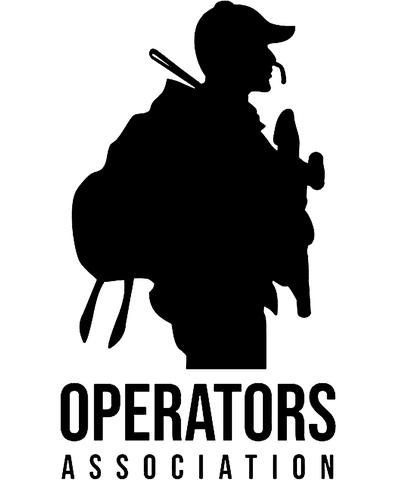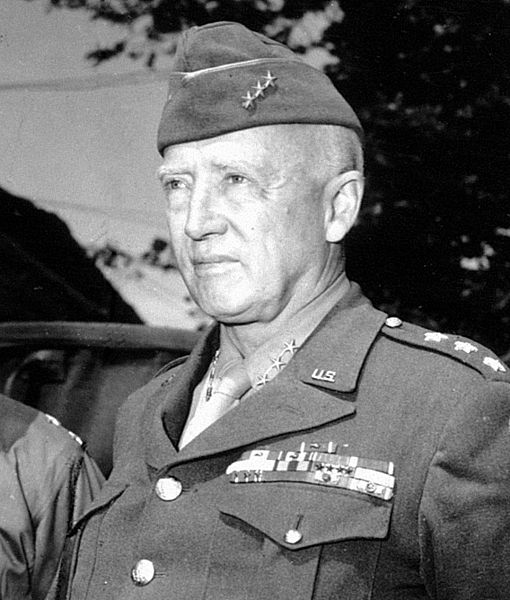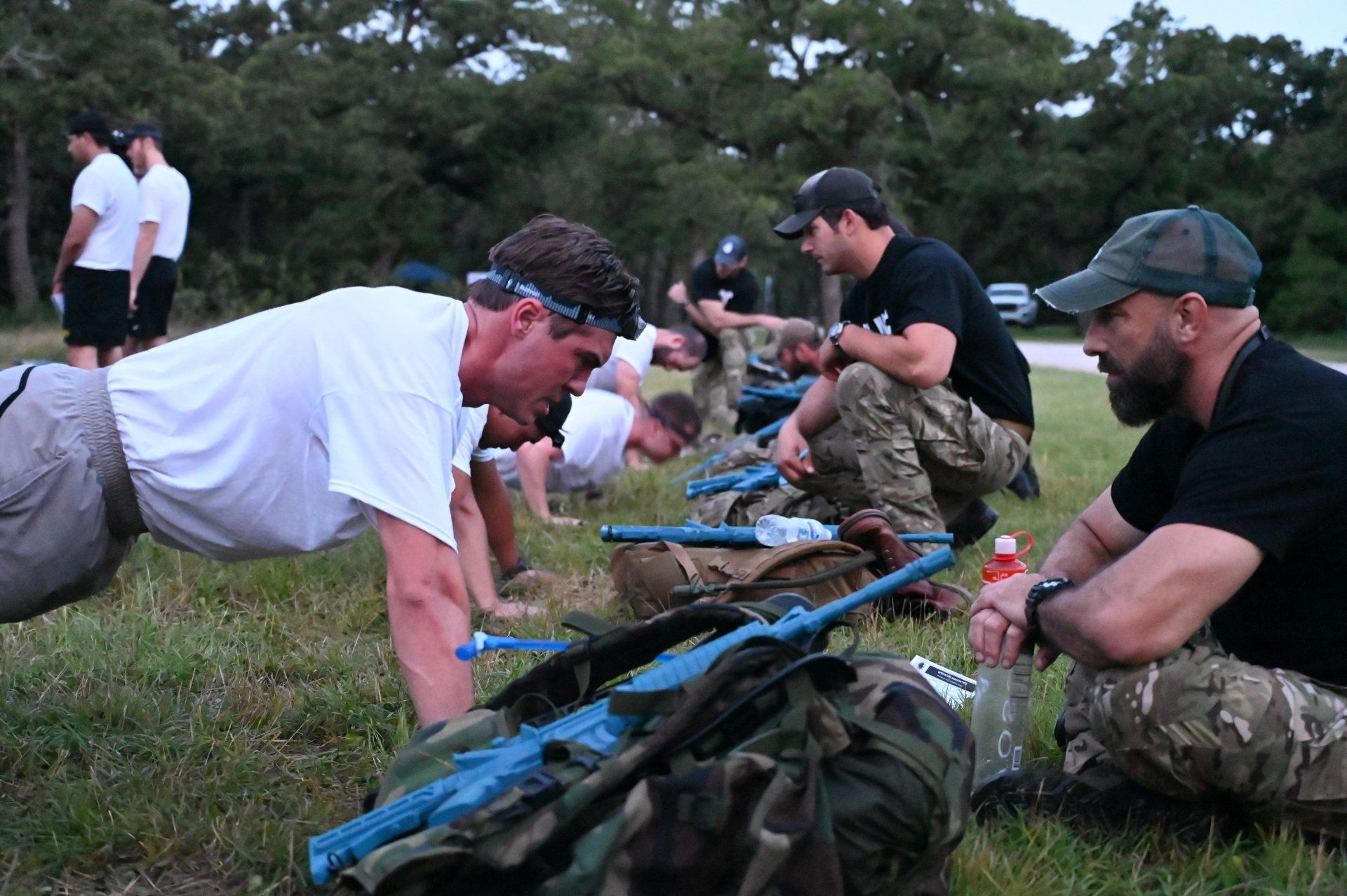How to Lead Difficult Teams
September 1, 2021
Tips and strategies for leading problematic individuals
Whether you’re in the military or civilian world, having excellent leadership skills usually makes the difference between success and failure. Nobody gets through life without getting some help along the way. If you can’t guide and inspire the people around you, you’ll have a difficult time accomplishing anything significant. That’s why we release weekly OA leadership guides to help you sharpen your skills and overcome obstacles. So far, we’ve gone over everything from how to plan a mission
to the different styles of leadership.
What we haven’t touched on until now is how to deal with leading a seemingly unmanageable group. What can you do if your teammates are uninspired, insubordinate, or unwilling to do their jobs? In this OA leadership guide, we’ll give you four tactics for leading troublesome groups to success.
It’s Always the Leader’s Fault
Before you can start using leadership tactics to manage your troublesome group, you must diagnose the root cause of your problem. When your people are consistently absent, unproductive, undisciplined, etc., there is almost always a bigger reason behind the issue. If a single individual is constantly underperforming, they might simply be the wrong person for the job. But if the group as a whole is consistently failing, you must find the root of the problem.
Pay attention to your people and communicate with them often. Try to discover negative behavioral patterns that appear often within the group. Oftentimes, teams don’t fail because they want to fail. It happens for one of three reasons:
- They don’t understand the objective/plan
- They don’t agree with the objective/plan
- They don’t trust/respect you as a leader
All of these cases have one thing in common: they are caused by a lack of leadership.
The first step to managing a problematic group is realizing that the problem is likely rooted in your leadership skills. The first thing you must do when leading a difficult team is show your capabilities as a leader and ensure that everyone is on the same page. If there are problems (there will be), address them immediately.
Place Progress Over Ego
When dealing with problematic teams and individuals, it’s easy to take their insubordination and inefficacy personally. When this happens, it’s critical to remember that your status as a leader and your value as a person are two separate things. Oftentimes, if you feel that one of your teammates is trying to undercut your authority as a leader, you’ll want to “put them in their place.” This includes trying to prove them wrong, demoting them, or purposefully causing them to fail their tasks. Resist the urge to do this – you’ll only hurt the team in the long term.
Counter-intuitively, the best thing to do in this situation is to take the opposite approach: give the underperformer more responsibilities. For example, if you have a person who constantly shuts down your plans and ideas, put them in charge of planning. Again, don’t do this to put the person in their place – do it with a genuine intention to help the team. When you put the problematic individual in charge of planning, one of two things will happen. Either 1) They’ll realize it’s not that easy to plan and relinquish leadership back to you (WIN), or 2) They come up with an excellent plan that helps the team succeed (WIN).
When you put progress over ego, you can facilitate win-win situations that genuinely help your team instead of only serving to establish your dominance in the group. To learn more about keeping your self-importance in check, click here to find out How to Control Your Ego.
Criticize Behavior, Not Individuals
Tying into the previous strategy, one of the biggest mistakes you can make as a leader is using ad hominem attacks when criticizing your team’s performance. An ad hominem attack is when you criticize a person's integrity and personality rather than the problem you're facing. In essence, you attack the person instead of the issue.
Although ad hominem attacks are often used by professional athletes to get under their opponent’s skin, they never lead to a productive conversation. When trying to critique your team’s performance, never resort to ad hominem attacks – they make your people lose respect for you and kill any progress you might have made as a leader.
The best way to avoid engaging in ad hominem attacks is to pay close attention to how you phrase your criticisms. Avoid using direct nouns (like "you") when addressing your people, and opt for more indirect language.
For example, suppose you have an individual who consistently shows up late and misses deadlines. You could say, “you are always late because you’re irresponsible and you don't care about the team,” but this will only make your teammate defensive and unwilling to take criticism. Instead, a better approach would be to focus on the problem and collaborate with the problematic individual to find a solution, “I noticed that you’ve been showing up late these past few days. Is there anything I can do to help you get here on time? The team needs you.” Although this example still uses the word “you”, it conveys the same message of “don’t be late” in a way that’s productive and puts you and the problematic individual on the same team.
The next time you need to criticize a teammate’s performance or behavior, approach it from the angle of being a collaborative problem solver, not a disciplinarian.
Set Clear Boundaries and Expectations
Oftentimes, when your teammates cross behavioral boundaries and act disrespectful, they aren’t aware that they crossed the line. The more you work with a group of people, the more they’ll start seeing you as a leader as their equal (especially if you are similar in age or experience). That’s why setting clear boundaries and expectations is crucial as a leader.
When you first take charge of a team, put time aside as soon as possible to meet with your group and explain the behavior and performance expectations for the team. These boundaries should be clear, well-defined, and, most importantly, fair. Every individual on the team – including yourself – must be subject to the same expectations and disciplinary actions. If your teammates aren’t allowed to discuss certain subjects on the job (like religion or politics), you aren’t allowed to either. The sooner you can set and begin enforcing boundaries, the more control you’ll have over how the group operates.
Depending on the complexity of your mission, setting boundaries and expectations can be as simple as having a 5-minute briefing with your team or as complex as outlining SOPs for different tasks. Regardless of how you approach the situation, one thing will decide whether or not your teammates abide by these boundaries: discipline.
No matter what you do in life, being disciplined makes you more effective, adaptable, and resilient. Without discipline, you won’t have the commitment it takes to experience long-term growth and lead your team to success. If you are on the SOF pathway, improving your discipline will put you far ahead of other candidates during selection.
Learn more ways to improve, stay accountable, and build discipline. Become an OA Aspiring Operator today
and join our 900+ member community of existing and future operators! You'll get instant access to exclusive podcasts, a weekly accountability group, and a huge community of driven individuals who will help you stay on the path.








